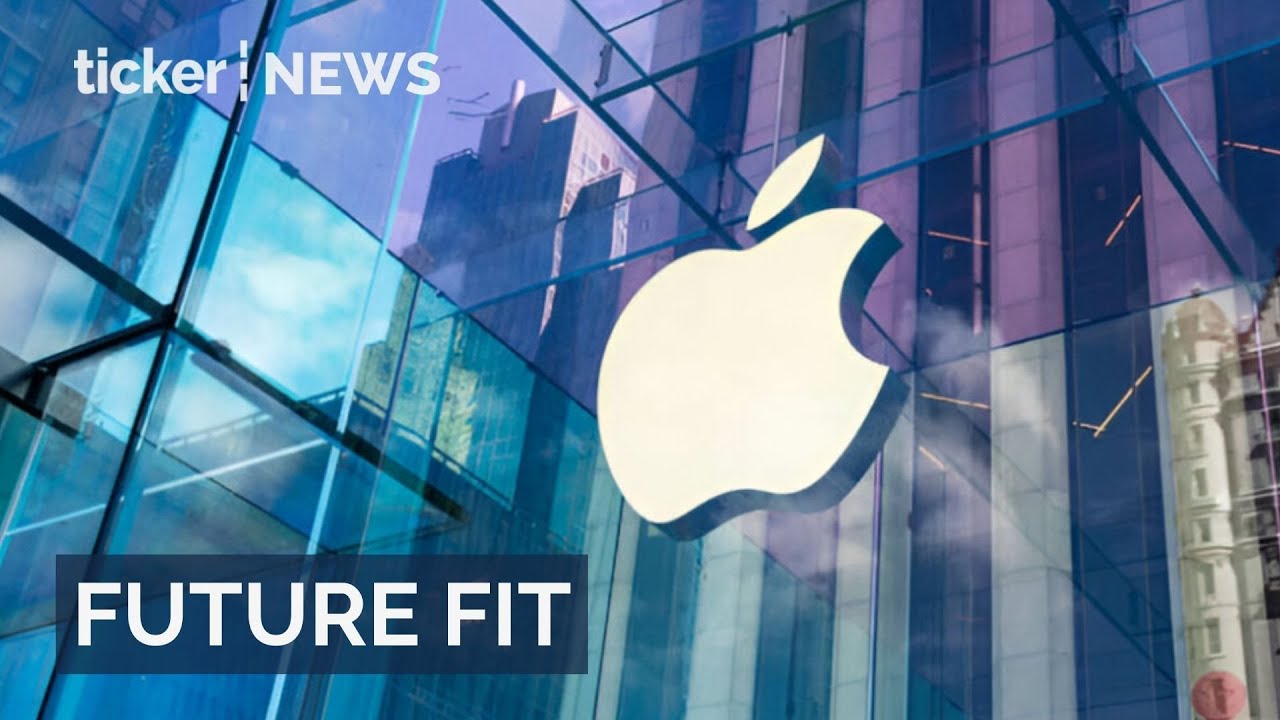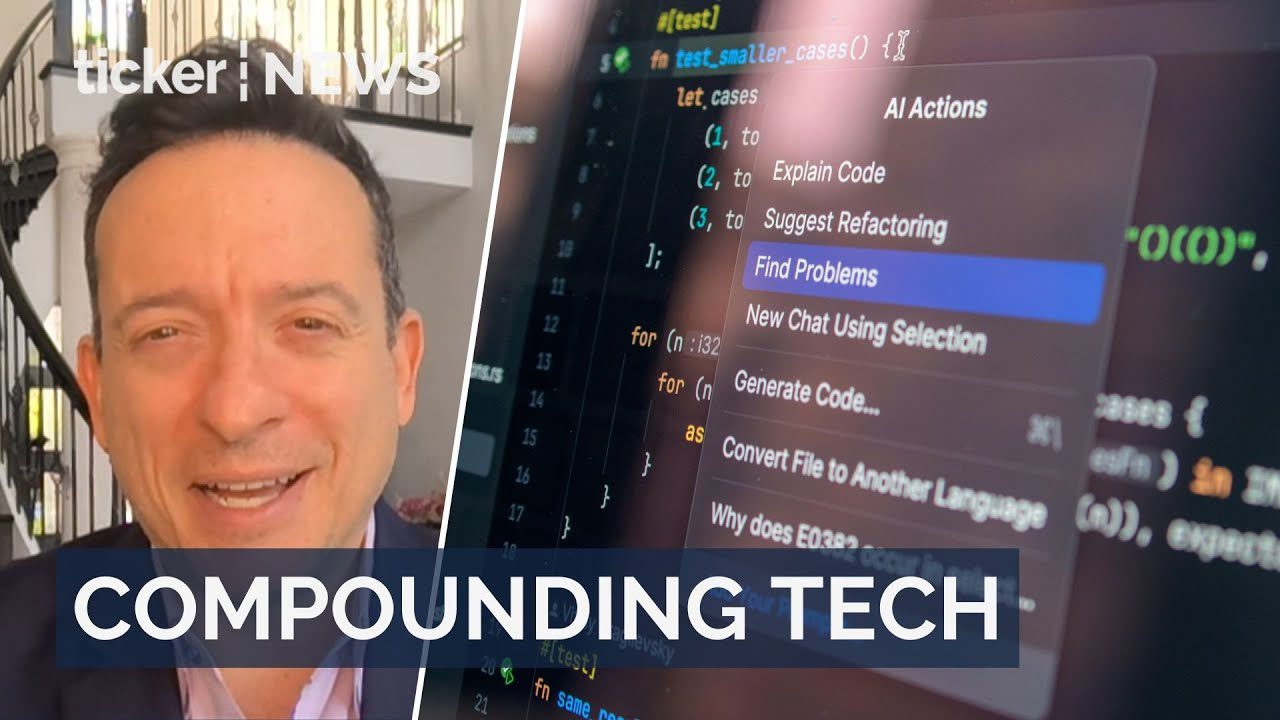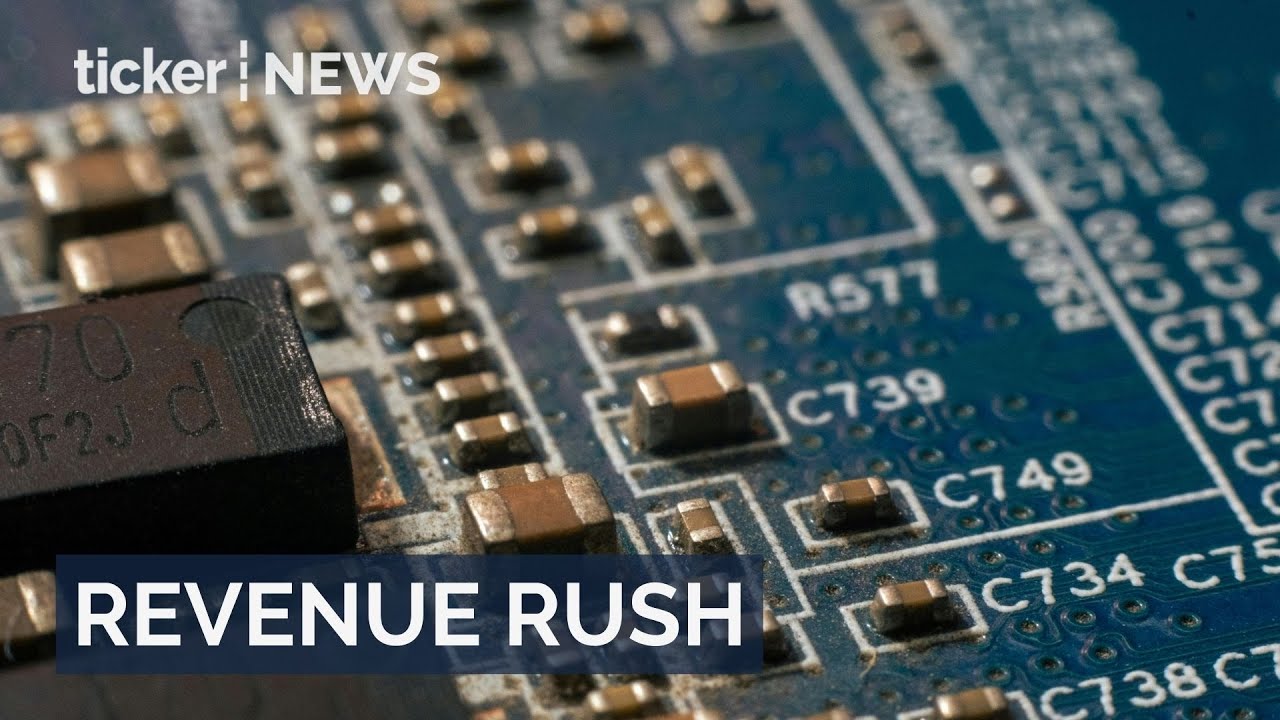Tech
OpenAI limits deepfakes after Bryan Cranston’s concerns
OpenAI protects against deepfakes on Sora 2 after Bryan Cranston and SAG-AFTRA raise concerns over unauthorized AI-generated content
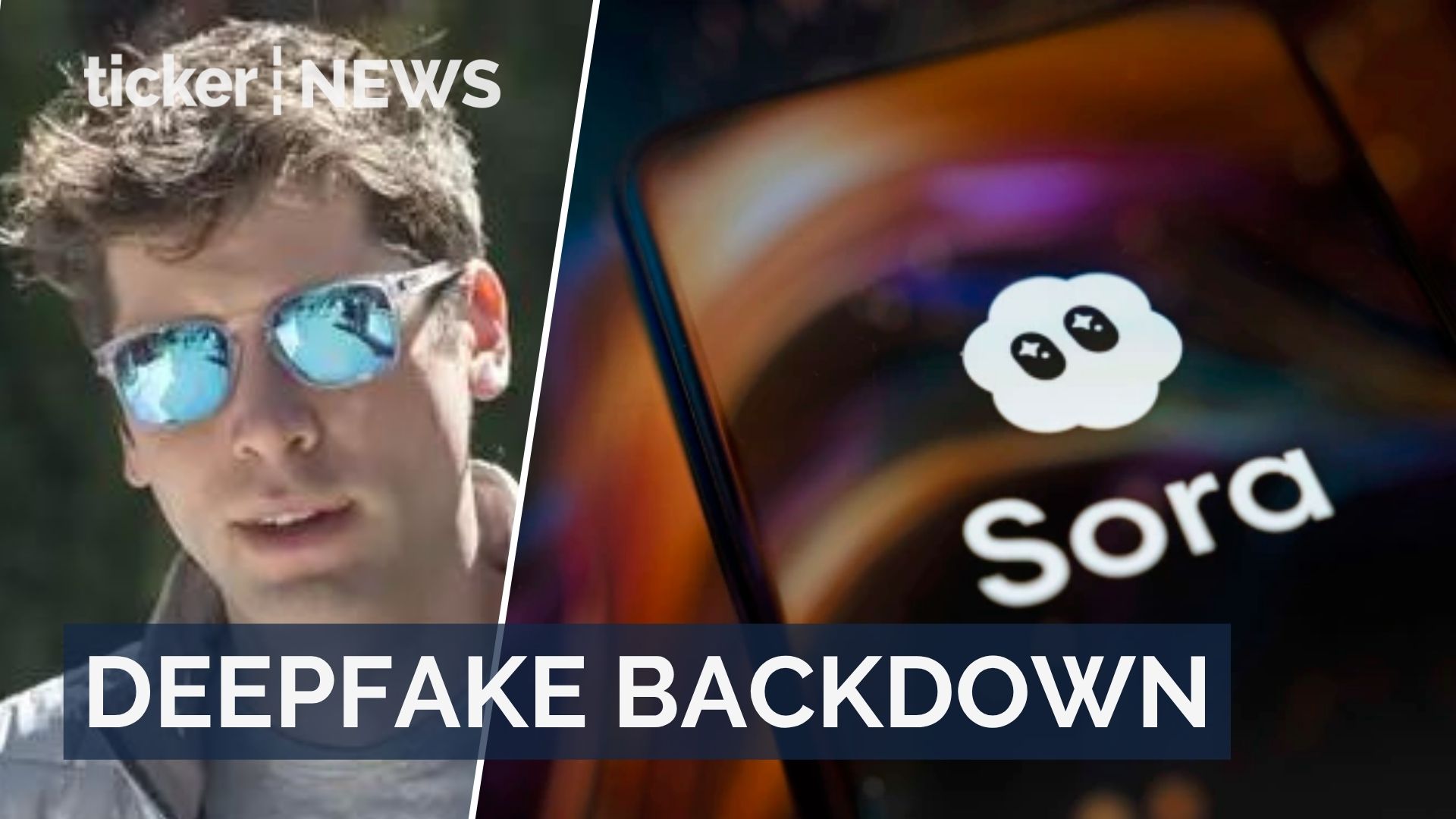
Tech
Apple’s AI wearable push: Cameras, speakers and a 2027 vision
Apple is developing an AI-powered wearable device, aiming for a launch of 20 million units in the growing AI market.
Tech
AI spending in 2026: Why investment is compounding, not just cyclical
As 2026 begins, AI investment debates rise; real revenue growth signals pivotal changes for tech adoption and future trends.
Tech
TSMC posts record profits on AI chip boom
TSMC posts record Q4 profit, driven by strong chip demand, exceeding predictions and signaling market dominance.
-

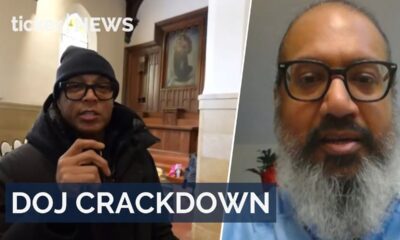

 Ticker Views3 days ago
Ticker Views3 days agoDOJ to charge Don Lemon under historic KKK Act
-



 Ticker Views1 day ago
Ticker Views1 day agoBacklash over AI “Indigenous Host” sparks ethical debate
-



 News3 days ago
News3 days agoOpenAI prepares first consumer device amid revenue boom
-



 Money4 days ago
Money4 days agoMarkets edge higher as 10-year yields hit new highs
-



 News4 days ago
News4 days agoNASA’s Artemis II launch: Argentina joins first crewed moon mission in 50 years
-



 News4 days ago
News4 days agoEU condemns Trump’s Greenland tariff threats: Trade tensions escalate
-



 Politics3 days ago
Politics3 days agoSupreme Court tariffs and Albanese approval drop: What you need to know
-



 Ticker Views4 days ago
Ticker Views4 days agoWhy traditional flood warnings keep failing






